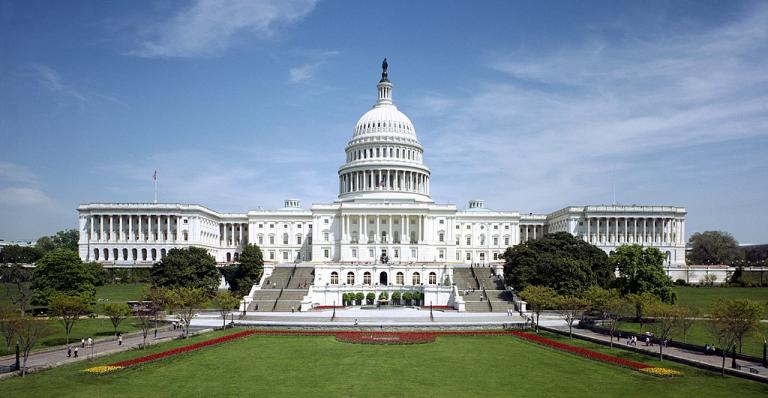As of right now, Wednesday morning, with a few races still to be decided, the Democrats have picked up 26 seats in the House ( with a total of 219) over the Republicans (with a total of 195). In the Senate, Republicans picked up 3 seats (now holding 53) over the Democrats (now holding 45).
The turnout was high, with many voters eager to either punish President Trump or rush to his defense. A poll found that 40% said that they voted to oppose the president, while 25% said that they voted to support him. But these were still local elections for local candidates.
Among the interesting outcomes:
–Former Republican presidential candidate Mitt Romney is back in the game, winning the Utah Senate seat of Orrin Hatch, who is retiring.
–Conservative firebrand Ted Cruz beat the Democratic superstar Beto O’Rourke in the Texas Senate race. But the defeated candidate is still being hailed as a possible presidential candidate.
–Socialist Alexandria Ocasio-Cortez won her New York congressional seat. This makes her the youngest female to ever serve in Congress. She is 29. (There will be another 29-year-old, Democrat Abby Finkenauer of Iowa.)
–Normally rock-solid Republican Kansas elected a Democratic governor, Laura Kelly. That same rock-solid Republican Kansas also elected its first openly gay congressional candidate, Sharice Davids, who also becomes the first Native American woman in Congress.
–Colorado elected the nation’s first openly-gay governor, Democrat Jared Polis.
—Two Muslim women have been elected to Congress, the first time that has happened: Ilhan Omar, a Somali refugee, a Democrat from Minnesota, and Rashida Tlaib, a Palestinian-American Democrat from Michigan.
–In a setback for Democrats who want to go farther to the left, Andrew Gillum lost the Florida governors race to conservative Ron Santis.
–In Wisconsin news, Republican governor Scott Walker lost his re-election bid to Democrat Tony Evers. Lame-duck Speaker of the House Paul Ryan did not run for re-election. Former University of Wisconsin president Donna Shalala won her congressional election in Florida.
–Sen. Heidi Heitcamp, Democrat from pro-Trump North Dakota, paid the price for voting against Brett Kavanaugh and was defeated in her re-election bid. Sen. Joe Manchin, Democrat from pro-Trump West Virginia, was rewarded for crossing the aisle to vote in favor of Kavanaugh and was re-elected.
What were some other outcomes that you found interesting?
This was not the “blue wave” that would cleanse the nation of Trumpism that Democrats were hoping for, but losing the House is certainly a set-back for President Trump. Nevertheless, he sent out a tweet bragging on his “tremendous success tonight!” The White House press secretary called it “a huge victory.”
With the House in Democrat hands, President Trump will face a slew of investigations scrutinizing his every move. And any legislative agenda he might put forward is likely doomed.
True, the president loves “the art of the deal.” Democrats seem to agree with him on the need to invest federal money to rebuild intrastructure. Might he get a bipartisan bill to repair the nation’s roads and bridges? Some Democrats have floated the idea of building Trump’s project of a border wall in exchange for comprehensive immigration reform. But I think such deals are unlikely to happen. Democrats will not want to give the president any successes that might help his re-election bid in 2020.
However, increasing the Republican lead in the Senate is a big deal. President Trump’s biggest, most significant, and longest-lasting accomplishment has been in his judicial appointments. Not just the Supreme Court but federal judgeships and the appeals courts are increasingly in conservative hands. The Senate–not the House–confirms judges. Should there be any more Supreme Court vacancies and in the routine openings that come up all the time, having a larger majority will make it easier to appoint conservative judges, without the razor-thin margin that helped make the Kavanaugh hearings such a nightmare.
The Senate also has the exclusive power to confirm other government officials and to ratify treaties. It also tries any impeachment cases that are brought by the House.
Photo by Architect of the Capitol (aoc.gov) [Public domain], via Wikimedia Commons













